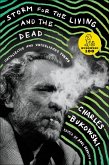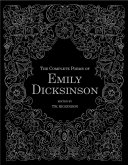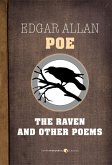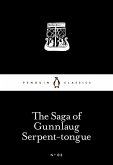In "The Dunciad," Alexander Pope crafts a scathing satire of the literary and cultural landscape of early 18th-century England, embodying the spirit of the Augustan age. Utilizing his characteristic mock-heroic verse, Pope deftly critiques the decline of literary standards and the rise of mediocrity, personifying ignorance and dullness through the figure of the 'dunce.' The poem's multifaceted structure, with its rich intertextuality and clever use of irony, invites readers to reflect on the consequences of societal decline, particularly in relation to the arts and education. In its historical context, "The Dunciad" stands as both a response to the literary disputes of the time and a broader commentary on the Enlightenment's complex relationship with wit and wisdom. Alexander Pope, a pivotal figure in English literature, was deeply influenced by his experiences with the literary elite and the rampant commercialism of his era. His own struggles with censorship and personal health shaped his biting critique of contemporary authors, many of whom he viewed as perpetuating a culture of mediocrity. As a prominent satirist, Pope's unique perspective allowed him to blend personal grievances with broader social observations, making "The Dunciad" a rich reflection of his literary philosophy. For anyone interested in the interplay of satire and social commentary, "The Dunciad" remains a masterpiece that resonates with the tension between creativity and conformity. Pope's sharp wit and eloquent language invite readers to engage with the timeless question of what constitutes true literary merit, making this work an essential read for scholars and enthusiasts alike.
Dieser Download kann aus rechtlichen Gründen nur mit Rechnungsadresse in A, B, BG, CY, CZ, D, DK, EW, E, FIN, F, GR, H, IRL, I, LT, L, LR, M, NL, PL, P, R, S, SLO, SK ausgeliefert werden.









